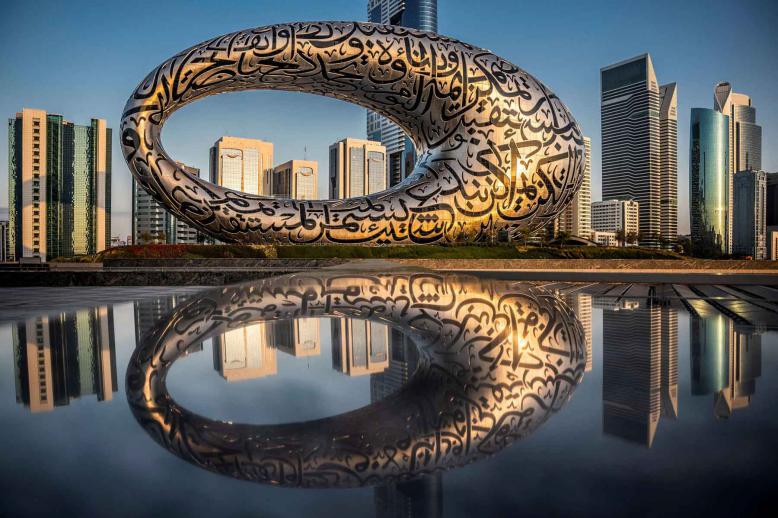Qatar’s long history of ransom payments to terror groups
Further evidence of Qatar’s $1 billion ransom payment to terrorist groups to free Qatari hostages in Iraq was recently revealed by British broadcaster BCC. While the report did not reveal many new details about the payment, which was first reported by the Washington Post in April 2018, it provided concrete proof of Qatar’s long-running practice of supporting terror groups in this way. In addition, it shed light on how senior Qatari officials use their positions and access to government funds to support the dubious practice with impunity.
In a leaked voicemail left by Qatars’ Ambassador to Iraq, Zayed al-Khayareen, for a Kataib Hezbollah leader, Khayareen references previous payments to terror groups approved by the country’s former emir: “You should trust Qatar, you know what Qatar did, what His Highness the Emir’s father did,” Khayareen said. “He did many things, this and that, and paid 50 million, and provided infrastructure for the south, and he was the first one who visited."
Qatar has long played a role in negotiating ransom payments to extremist groups throughout the region. In countries like Yemen, Syria and Iraq, it has helped open channels of communication with groups such as al-Qaeda, ISIS, the Iran-backed Houthi rebels and radical Shia militias to purportedly release hostages, paying untold millions in the process.
In 2014, Qatar "mediated" the release of 13 nuns who disappeared from their monastery in the Syrian Christian town of Maaloula. While it is unclear exactly how much Qatar paid Syrian rebels for the nuns’ freedom, the number is thought to be in the tens of millions. At the time, two rebel leaders from Yabroud said Qatar had offered to pay $4 million, but that al-Nusra, then an al-Qaeda affiliate in Syria, demanded $50 million.
Again in 2014, Qatar took centre stage to secure the release of American photojournalist Peter Theo Curtis, who was being held by fighters from Jabhat al-Nusra. No official explanation was given as to why the former al-Qaeda affiliate decided to release Curtis -- only that his freedom was brokered by Qatar.
A year before, a Swiss teacher held hostage for nearly a year in Yemen was freed and flown to Doha following Qatari "mediation.”
This long track record of securing hostage release, often by paying huge ransom fees to terror groups, raises many questions about Qatar’s relationship with these groups. Some have gone so far as to suggest that the hostage incidents have been arranged as a pretext for Qatar to fund terrorism.
In 2014, Doha signed the Jeddah Communique, agreeing to help counter the funding of ISIS and other extremist groups and to end impunity and bring perpetrators to justice. Just a month later, however, the US Treasury Department listed numerous US- and UN-designated terror financiers in Qatar who have not been persecuted.
In May 2016, Chairman of the Senate Banking Committee’s Subcommittee on National Security and International Trade and Finance Mark Mirk wrote that terror financiers subject to US and UN sanctions continue to enjoy impunity in Qatar, citing a report entitled "Qatar and Terror Finance.”
Qatar's ties with extremist groups and its financial support of their activities in the region – whether direct or indirect -- serve one of the Doha regime’s main objectives: Destabilising regional powerhouse Saudi Arabia. In the end, Doha hopes this will make it the regional power that pulls all the strings.
Troublingly, Qatar’s two-faced foreign policy has thus far allowed it to secure protection from Western countries even as it seeks to destabilise them through terror-financing.
The latest revelations about their presumed $1 billion payment to release hostages held in Iraq are only further confirmation of their illegal dealings. It shows that Qatar is willing to do anything – even use state institutions, such as the Ministry of Foreign Affairs, to send funds to terror organisations, to further their ends. This also brings to mind the country’s main media organ, Al-Jazeera, which has become a loudspeaker for terrorist groups, including al-Qaeda and the Iran-backed Houthi militia.







